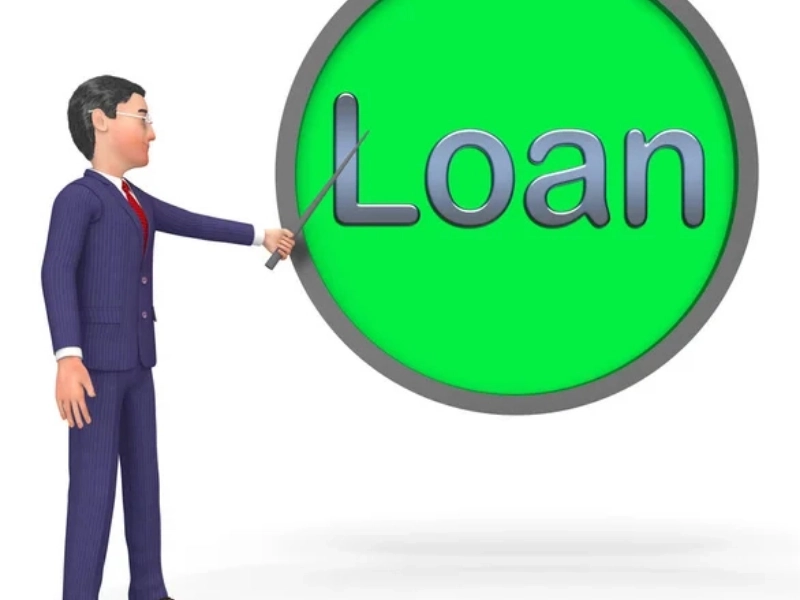Gaining more knowledge about finance is essential for surviving in the modern economy. People require information about intricate goods, unstable markets, and insufficient safety precautions.
1. A heightened sense of self

People who are financially literate are better able to comprehend the dangers associated with borrowing and investing money. It supports people in creating financial plans, making wise decisions, and establishing objectives that increase their prosperity. Additionally, it guards against fraud, excessive risk-taking, and over-indebtedness. (Source: Yagnik, Hasler, Lusardi, and Yakobski, 2023)
People who are financially literate can evaluate savings accounts, credit cards, and loans to find the ones that best suit their needs. Understanding fundamental ideas like interest rates, inflation, and risk is part of this. A budget and savings plan can be made by individuals with the aid of financial education. This will enable them to realize their goals and lay a solid basis for future financial security. They can invest for retirement and other important life events and stay debt-free.
2. A Boost in Self-Efficacy

Understanding interest rates, credit scores, and the trade-offs between different investments are only a few aspects of financial literacy. It entails having the financial discipline to build and follow a budget, manage debt, put money aside for future needs, choose wisely what insurance to buy, and prepare for life's little events like crises or retirement.
Studies have indicated that an increase in financial literacy is associated with an improvement in self-efficacy beliefs. The theory is that even if a task appears challenging, someone will strive harder to complete it if they have confidence in their ability to succeed.
Students who receive financial education can acquire these skills early on and form wise saving practices that will benefit them for the rest of their lives. Additionally, it might give them the strength to withstand income shocks and steer clear of typical financial problems.
3. Enhanced Self-Belief

People feel better capable of handling the financial obstacles they face in life when they understand fundamental financial ideas. Over time, this self-assurance may bring about greater stability and enable people to flourish as opposed to merely endure.
Programs for financial education are accessible to people of all ages. These can be provided by banks, libraries, and community organizations. They may consist of instructive lectures and workshops covering subjects including banking, credit building, counseling, and homeownership.
People are also free to investigate their own distinct attitudes and opinions regarding money. They can see both the good and bad elements of their connection with money, as well as cultural and familial pressures, by reflecting on themselves and becoming more self-aware. They can also cultivate a money-oriented attitude that will enable them to seize chances and avoid taking unnecessary risks. Understanding these principles enables people to take advantage of the swift changes in the economy that are taking place.
4. A more stable financial situation

Gaining financial stability requires grasping fundamental concepts in finance, such as insurance, investing, saving, and creating a budget. In addition, financial literacy enables people to evaluate their personal risk and look for possibilities that fit their wealth objectives, such as starting their own business, going back to school, and saving for retirement. This gives confidence, security, and independence in place of worry, bad choices, and reliance on others.
Studies indicate that financial literacy leads to better budgeting and savings, lower debt levels, and more informed mortgage decisions for households. However, institutional obstacles to financial inclusion, like bank account and credit card access, frequently hinder the efficacy of financial education initiatives. Young individuals, women, and those with low incomes are particularly affected by this. Programs for integrated financial education combined with structural interventions—like financial coaching and counseling—can provide bigger results.
5. Enhanced Independence

In less than half of the US states, financial education is mandated for high school students. However, when properly imparted, financial education can dramatically lower adult debt levels, credit scores, and default rates.
This is primarily due to the fact that well-informed consumers may evaluate and choose credit cards, loans, and savings accounts based on which ones best suit their needs and increase their wealth. They are also capable of comprehending fundamental ideas like diversification, inflation, and interest rates.
Furthermore, other wise financial practices, like retirement savings, are more common among individuals with greater financial literacy. Minorities, who typically have less financial literacy than whites and Asians, should be especially aware of this. This is a result of the reduced exposure of these populations to financial education in the classroom. Through community centers, employers, and non-profit groups, financial education programs can close this disparity.
Recommended Reading: Everything You Should Know About Reverse Mortgages
























Strong pulse—where next?
Worth revisiting monthly.